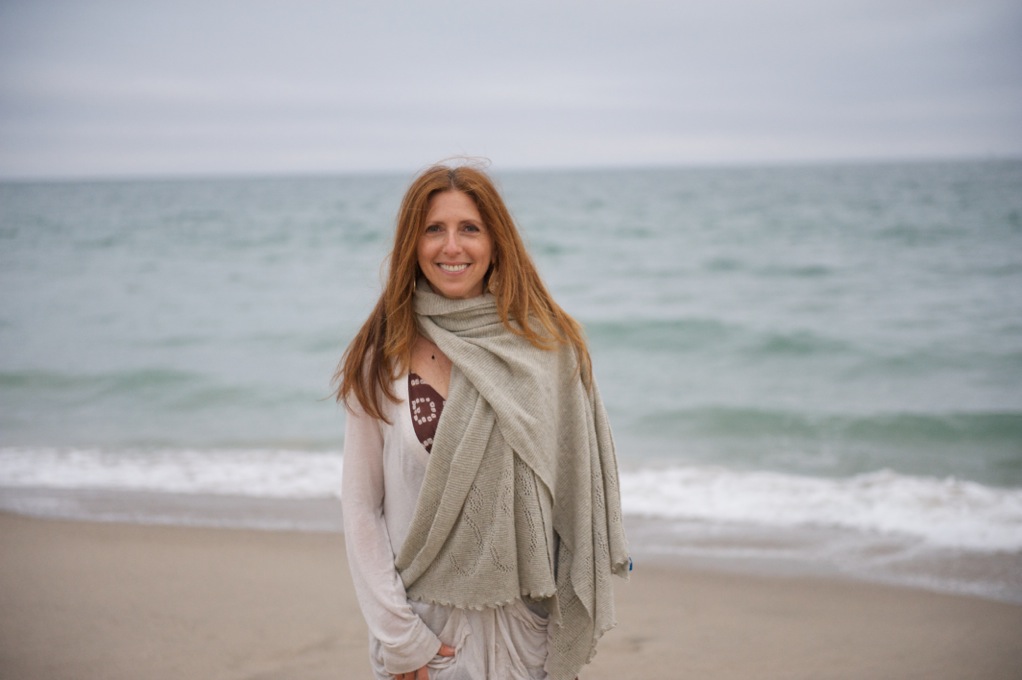
[this is a scene from my memoir in process]
Papi and the rest of the prisoners watched as the town’s people walked past the building where they were detained. They must’ve seen a city in a state of confusion. This was the final year of the Eastern Front conflict between the Axis of Power and the Soviet Union. By September 1944, the Red Army began liberating the camps and the cities they encountered along their bloody path. People of all ages and ethnicities were struggling with the new reality, exhausted and malnourished, they were confronted with the voracious appetite of the Red Army for labor prisoners. Sick men, women, and children were slowly finding their way back home after months or years of being gone. Those who were lucky to return faced the devastation of their losses.
Surrounded by other sick and weak men like himself, Papi was desperate for a way out. Eva tells in her letter that he saw a Jewish man walking past and begged him to approach the window of the building. Did Papi recognize the man as a Jew because he was wearing religious clothing?
“Gaby, do you know what happened then? Eva’s letter continued. “Did he tell you?” The willful and childish me, who’d felt all key information had been concealed away in purpose, wanted to shout back, “No, he didn’t tell me anything!” Growing up in a family with incomplete narratives, betrayal loomed at every corner – beneath a statement, behind a closed door, or a locked drawer in my father’s closet.
“Please, I need your help,” Papi must’ve said, and the man was taken by his plea. “Fredy wrote a note, addressed it, and gave it to this man to mail to the Pollak’s in Sibiu, Kérjük, jöjjön és próbálja a szabad nekem az oroszoktól! (Please come to try and free me from the Russians!), Eva’s letter continued.” The family didn’t live too far, Papi probably reasoned, and the letter would only take a few days to arrive at his mother’s family, and for sure they would be coming to release me. Would they pay in gold? I probably would never know the full extent of the circumstances during these times, but I do know Papi’s legacy to me, that of survival.
While Papi waited for the outcome of his letter, his hopes high, “A Russian Colonel on a white horse came into the area where the men were held,” Mami’s words interrupted my reminiscence of Eva’s letter. She glanced at me and I felt her eyes searching for my attention. Most of our family’s historical legacy has been transmitted through her. Mami had been my interlocutor. Were all true recollections or were some made up? Scientists say that every time we retell a story, we embellish it by adding or removing a few details, manipulating the information to assist in our coping mechanism. These last few days, I’d realized that coming here with her, was my way to build a bridge to connect with Papi in a new light. Yet, it was still through her voice and lens.
Mami continued, “The Jewish men sent a delegation to explain to the Colonel that there has been a mistake. They said to the colonel, ‘We are not Nazis, on the contrary, we are Jews, and we suffered so much during the war, and this is a mistake.”
“Sitting on the horse this colonel said, ‘Who were the Germans for you?’”
“They were our enemies, our murderers.”
“And who are we for you?”
“Our liberators, our friends”
“Then, the colonel cursed in Russian, and said, ‘For the enemies you can work, but for the friends and liberators you can’t?’”
